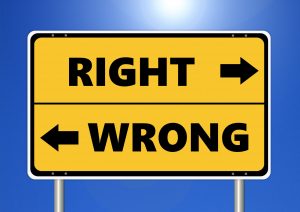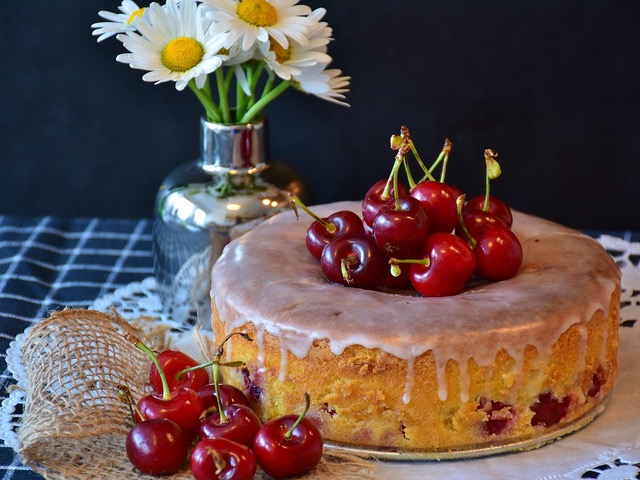
I’ve often talked about the ill effects of social media – the addiction, the need for outside validation, the mental health issues, the ‘all that glitters isn’t gold’ aspect etc. But recently I stumbled upon yet another disturbing trend. Young girls filming/photographing themselves in their underwear/bikinis purportedly to support a body-positive movement.
Now, I’m a strong advocate of women of all ages and sizes being comfortable in their own skin, and I will shout it from rooftops if need be. I believe that every woman should have the right to wear what she wants, as long as she is comfortable with the sort of attention it attracts. However, flaunting one’s body on a public platform to elicit the approval of strangers, is where I draw the line.
Firstly, there is the safety aspect of it. How can one monitor who is watching/downloading these pictures? Where are these pictures being circulated? How are they being perceived? Secondly, there is the sleaze factor. To a young woman, body acceptance by way of photographing herself may seem to be progressive and life-enhancing, to the two-bit scumbag salivating over them, it’s just another way to jerk off. Sorry about the imagery! But there is no other way to spell it out clearly.
What has happened to our social fabric where it has become perfectly acceptable to derive one’s self-worth from the most shallow of sources? Yes, it’s wonderful to be young and beautiful and to enjoy the spring of one’s lifetime. But if acceptance of one’s self hinges on what other people think, then what happens when that body changes through life, childbirth, disease, accident or ageing?
Isn’t it time that we taught our children that self-worth and self-esteem need stronger roots than just body acceptance? Values such as humility, charity, empathy and forgiveness, character traits such as determination, resilience, patience and fortitude, are purer sources of self-love than any amount of pouting and preening before a camera lens can be.
Healthy self-esteem needs a healthy wellspring, and that can only come from working upon what lies inside. Yes, outside packaging matters, but only up to a point. If you unwrap a beautiful parcel and find it filled with junk, what are you likely to do?
The pitfalls of social media are well documented, but the insidious nature of its erosion of our children’s values and self-worth will have far-reaching consequences unless we start to combat it now. But first, we need to turn that mirror towards ourselves and look at where we are investing our time and teachings. It isn’t too late to steer our children away from conversations about their bodies, to conversations about their minds and souls. Perhaps then, they will realise that the value of self-esteem is far greater than the cost of self-doubt.



